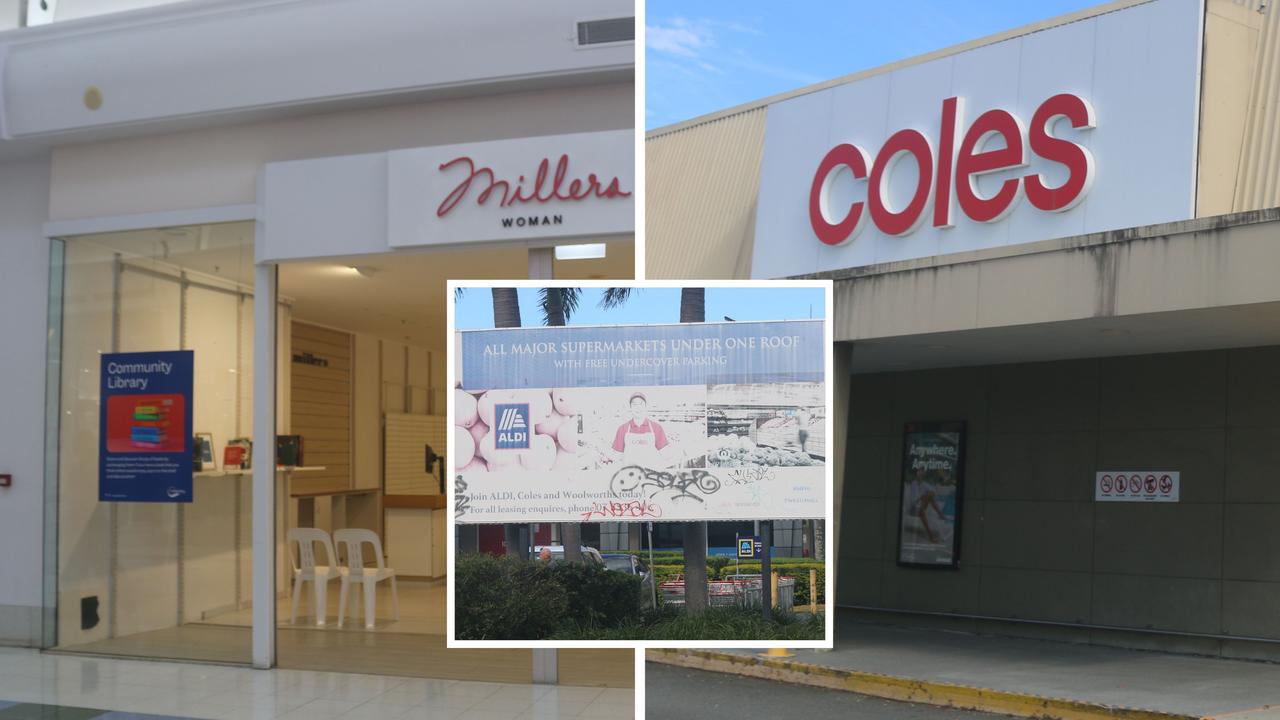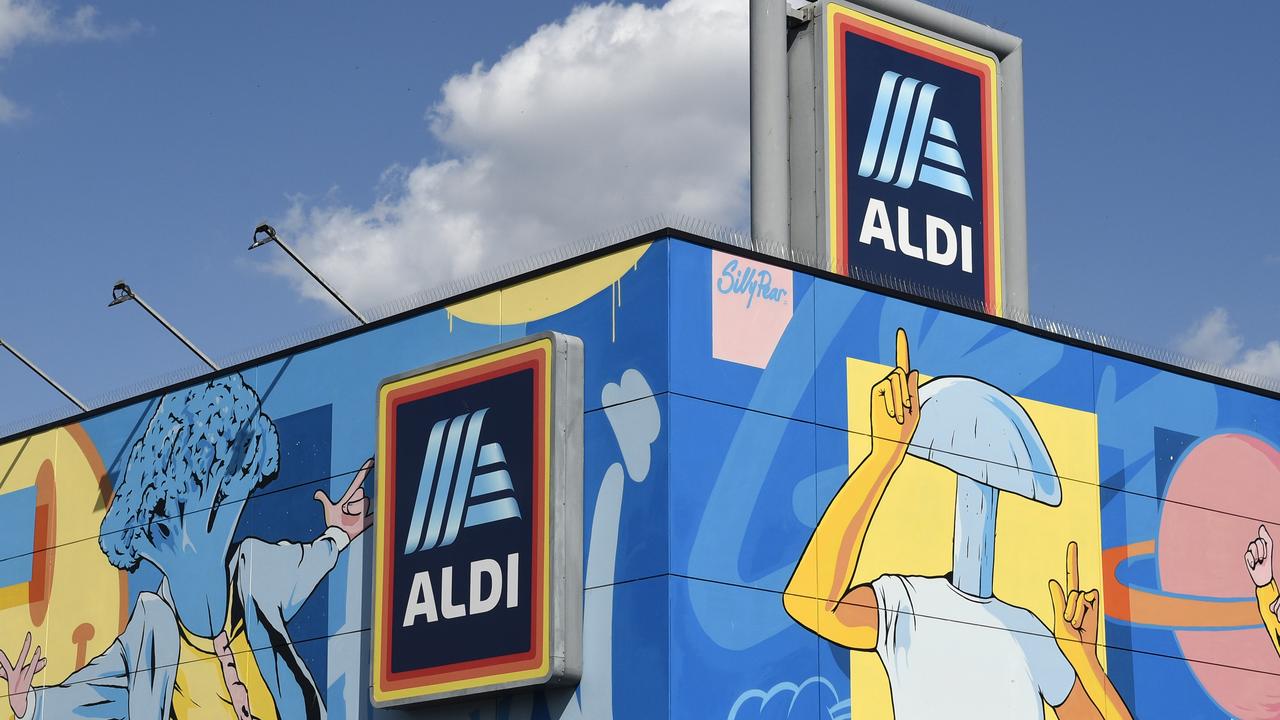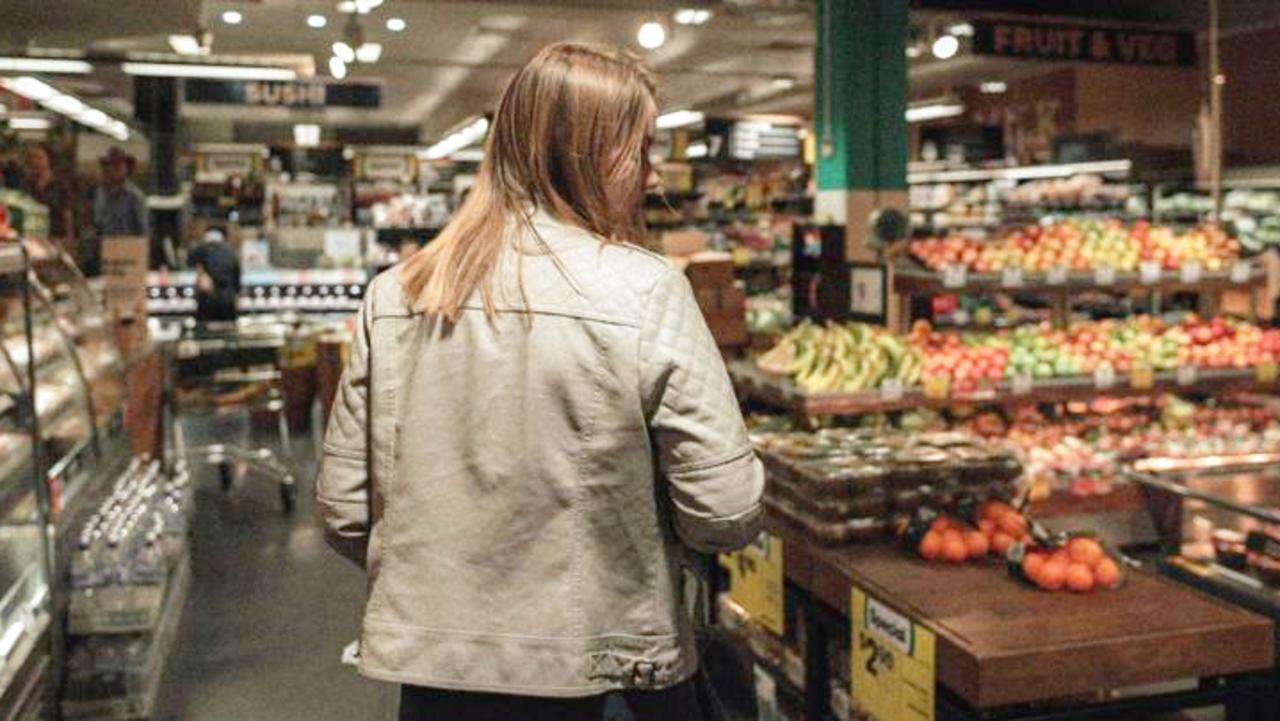Surprise news from Coles, Kmart, Bunnings, JB Hi-Fi as suppliers cut costs
In a very interesting phone call with the bosses of Kmart, Coles, Bunnings and JB Hi-Fi – one theme remained strong.
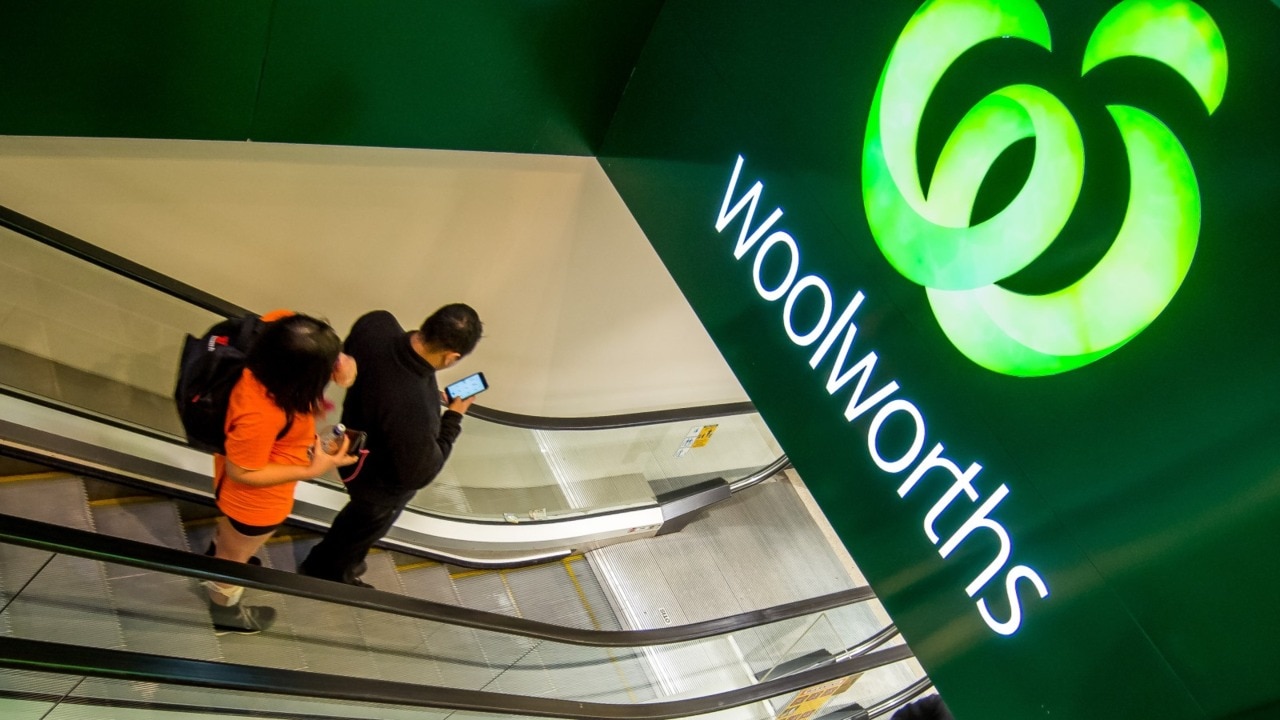
After a long time of prices rising, relief is coming. Several major Australian companies – including JB Hi-Fi, Coles, Bunnings and Kmart – are now hinting at price relief, as their suppliers promise lower prices.
Aussies have been scorched by high inflation in the last year. Visiting the supermarket has been painful, and even discount retailers have been repricing their items higher and higher.
Our buying power has been torn to pieces as each dollar fetches less and less at the checkout.
But some items have come back to earth. Broccoli is no longer $13 a kilo; iceberg lettuces are back to normal. Petrol is edging back under $2/Litre, most of the time at least.
Now: hints of more good news on the horizon.
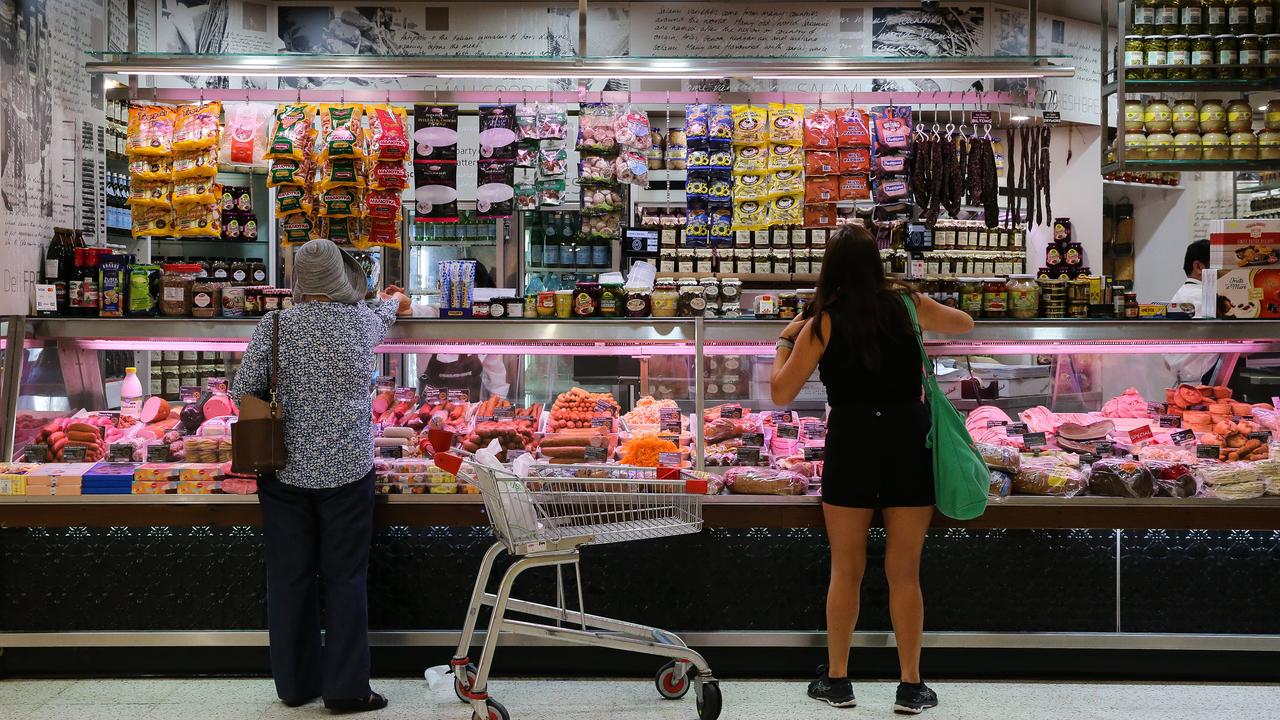
Australia’s biggest public companies have just reported their half-year results. It’s been a healthy bunch of profits, mostly. Proud CEOs have got on the phone with investment bankers from places like Goldman Sachs and Bank of America to boast about how well they’ve performed in this period of inflation.
Those phone calls are public because these are public companies. You can simply log in online and listen in. I did. What you hear is very interesting.
Many bosses of public companies warned the investment bankers of ongoing rises in the costs of goods they buy. But not all of them. Some gleefully reported they were expecting the costs of their inputs to fall.
“There is good stock availability,” said JB Hi-Fi CEO Terry Smart. “We will continue to push hard. We did suffer some problems in phones in December, they have come back into stock …. Suppliers are willing to support all that at this point as well, as stock is returning to normal.”
He hinted that JB Hi-Fi was going to run “promotions” – which includes sales and discounting – because the electronics companies that supply the goods JB sells were trying to increase sales.
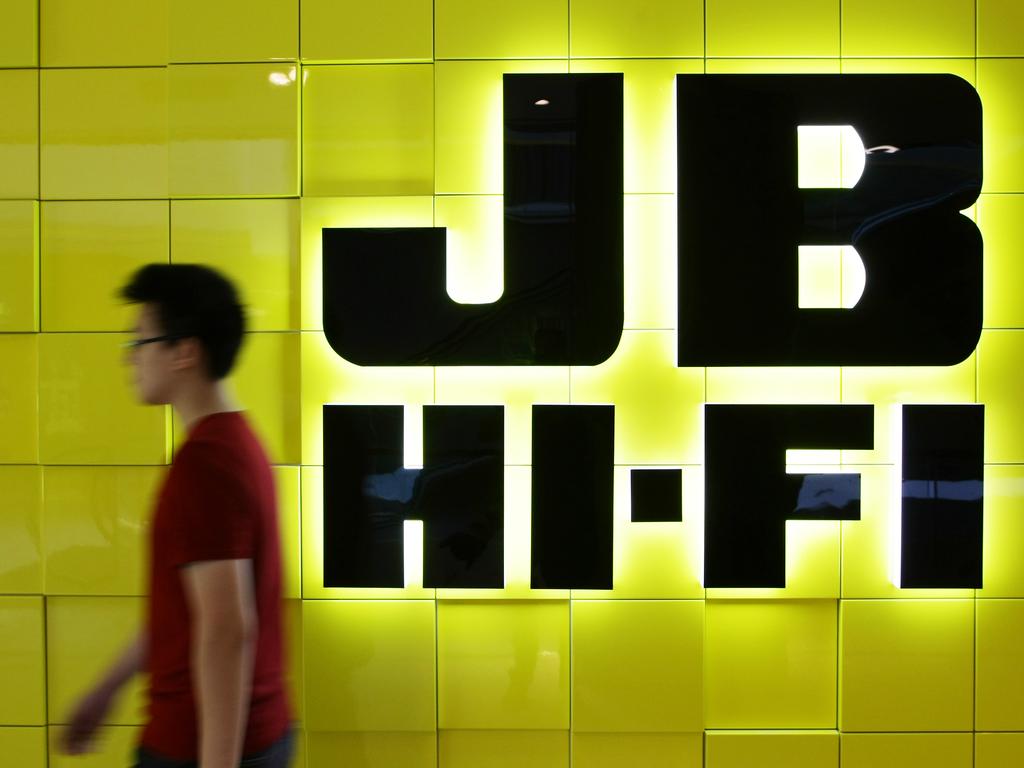
“Suppliers themselves are really looking to push stock out and to drive their market share. We are seeing a lot of activity coming from suppliers, in other words, supplier-funded promotions coming,” Mr Smart said.
That could mean falling prices as competition heats up in retail. For example, it might soon be a great time to get a new TV.
“There is absolutely a risk that we start to see some deflation … We can already see that in a category like television, … there is some pressure coming in on price points already,” Mr Smart added.
It is not just JB Hi-Fi. The Bunnings boss told analysts the hardware store is coming into a good position too.
“We are starting to see price decreases from some of our suppliers – we absolutely pass them on, when we need to,” he said.
Does the shopper win?
Falling input prices can go two ways. If JB Hi-Fi and Bunnings are expecting the cost of some goods to fall, they can either maintain prices and pocket big profits, or pass on the lower cost to customers.
Part of the point of this article is to make sure you know some of their costs have gone down, so you don’t just take high prices on the chin.
Another point is to make sure they know you know. That way they can’t just go hiking prices on things where the costs are falling. So what else should we expect to fall in price?
Here’s a couple more clues: The boss of Officeworks hinted the market is flush with monitors, while the boss of Kmart spoke about cotton and polyester.
“What we are seeing now is a reduction in costs, particularly in raw materials, things like cotton and polyester and some of the other raw materials are starting to fall now, relative to their peak through Covid,” said Kmart chief Ian Bailey.
“That starts to help us as we manage margin.”
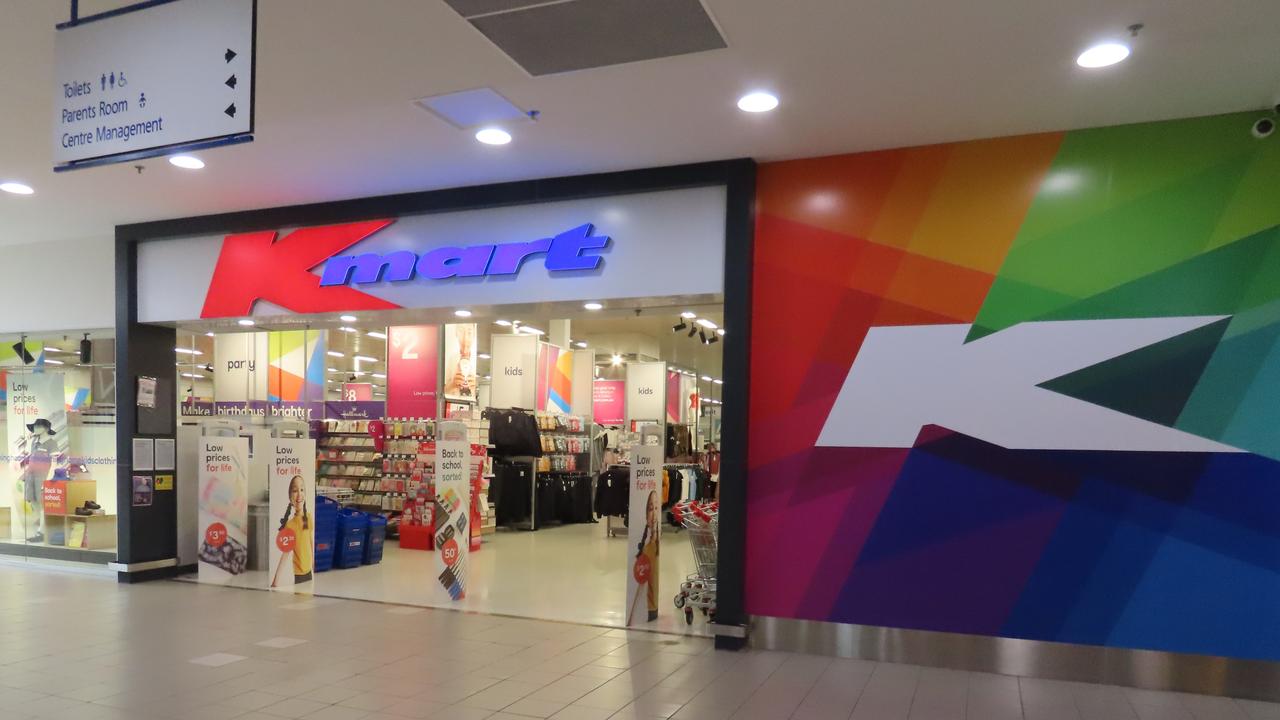
That should translate into lower prices in the menswear and womenswear departments. Clothes are already pretty cheap these days – a basic shirt no longer costs a day’s wages, it doesn’t even cost an hour’s wage – but prices may be set to fall further, so if you want to make savings it won’t hurt to hold off buying for a little bit.
In the supermarket, the new boss of Coles, Leah Weckert, said she expects falls in costs that should help them moderate prices for consumers in general: lower costs for freight and packaging. But she also called out specific falls in the cost of wheat and pork.
Tip: Ham sandwiches might be a good thing to leave out of the lunch box now, because they should be cheaper soon, and you don’t want the kids to be over them!
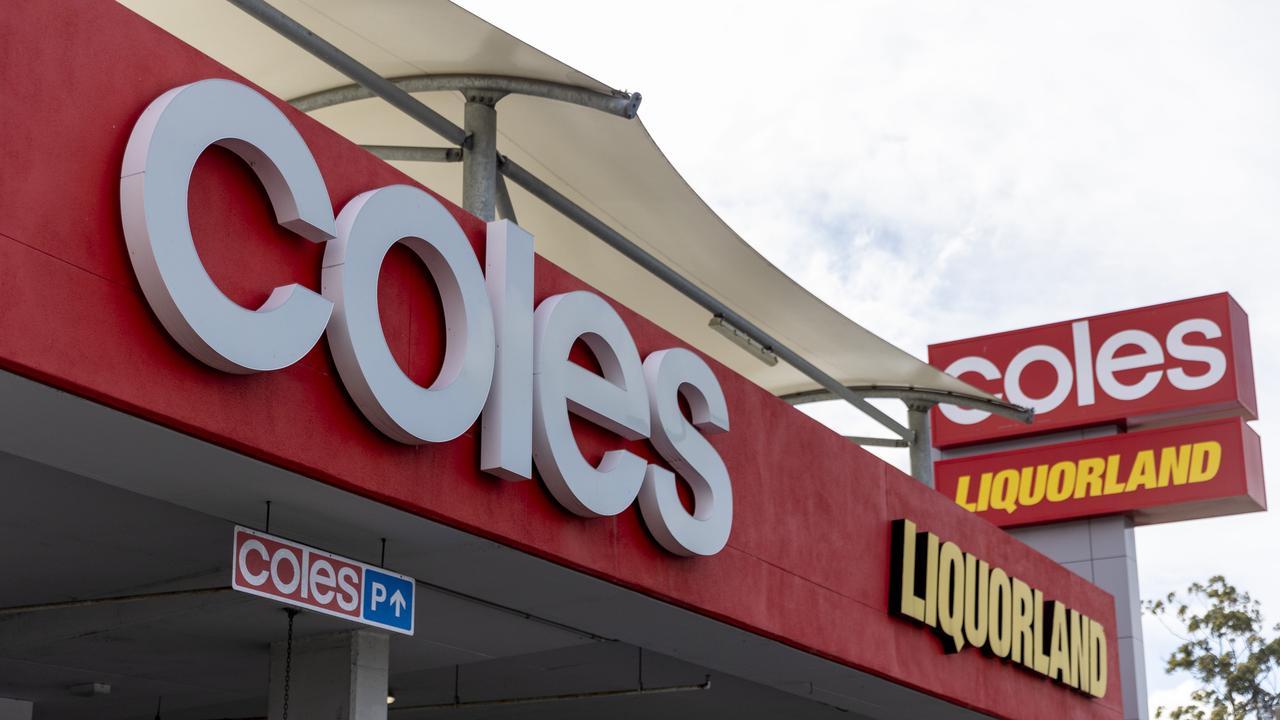
Forecast: Cluttered with a Chance of Bargains
The other trick for cheap shopping in the next few months will be the internet.
People are heading back to the shops in a big way. The percentage of sales made in physical space is rising while the percentage made in cyberspace is collapsing.
For example, baby goods retailer Baby Bunting saw online sales fall from 22.8 per cent last year to 19.7 per cent this year. A similar pattern is evident in almost every retailer.
For a company like Baby Bunting, or Myer or Woolworths, that doesn’t make much difference. If people stop logging in but start showing up, they still sell stuff. They are set up to serve customers no matter how we present ourselves.
But purely online retailers? They find themselves with a potential mismatch. Plenty of stuff to sell, but fewer customers (or if not literally fewer, a slower growth rate in customers).
Think about someone like Kogan, or Temple and Webster. Even Amazon. These places don’t have shopfronts. If we are milling around in malls, they don’t make so many sales as when we are glued to the internet browser!
When the warehouses of these online retailers start getting a bit full, that could lead to clearance sales. There’s a chance of bargains!
The only downside is delivery: almost every retailer I checked in with was reporting delivery costs rising as wages rise.
But if you can find a deal on delivery or pick up your order yourself, you could be able to defeat inflation single-handedly – for your household at least.
Jason Murphy is an economist | @jasemurphy. He is the author of the book Incentivology.




